Submitted by WA Contents
Polish Architect Aleksandra Jaeschke wins 2019 Wheelwright Prize
Poland Architecture News - May 13, 2019 - 02:14 19387 views
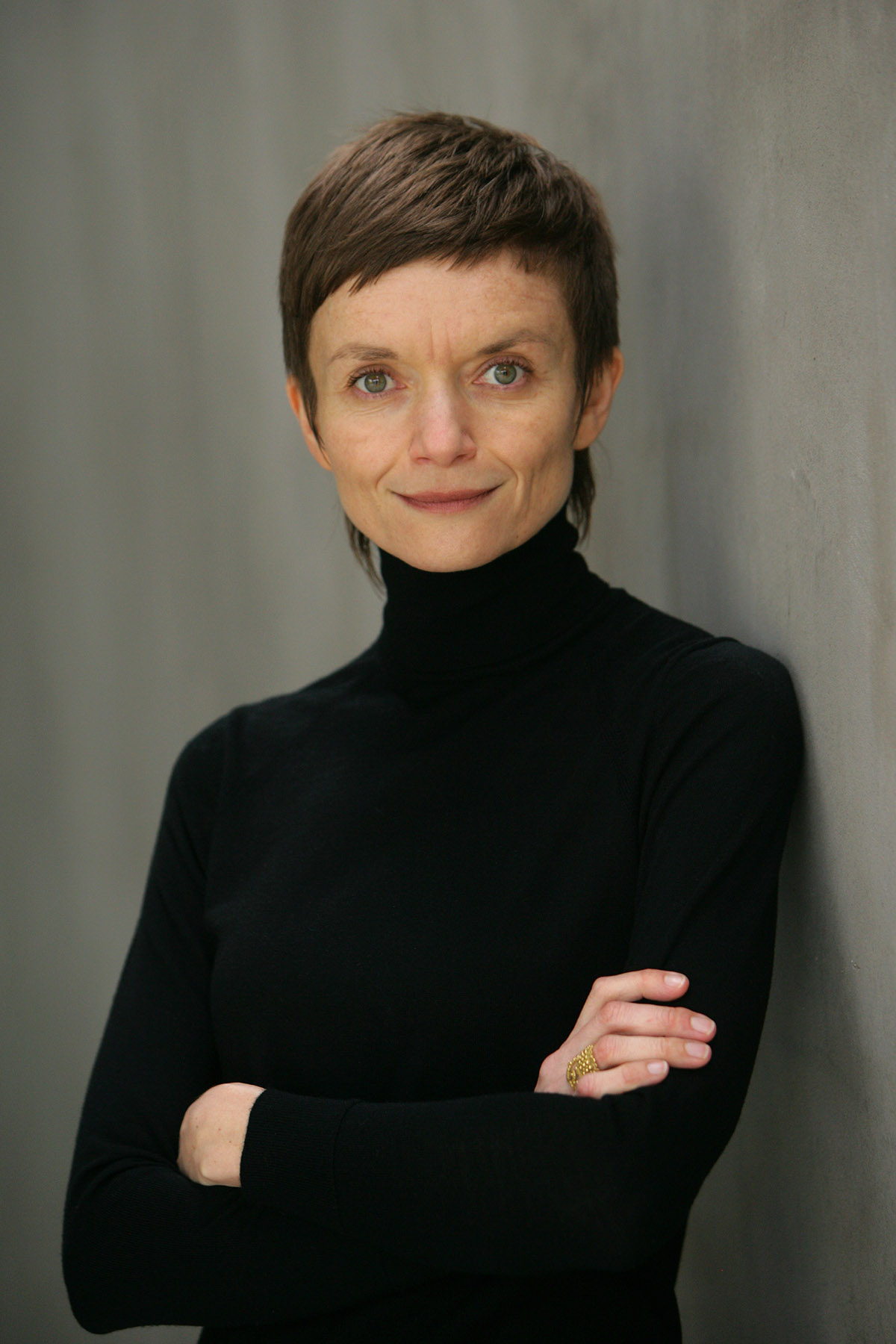
Harvard University Graduate School of Design (Harvard GSD) has announced Polish-born and U.S.-based architect Aleksandra Jaeschke as the winner of the 2019 Wheelwright Prize.
Established in 1935, a $100,000 grant supports investigative approaches to contemporary architecture, with an emphasis on travel-based research.
Jaeschke’s winning proposal, UNDER WRAPS: Architecture and Culture of Greenhouses, aims to explore the culture and architecture of greenhouses around the world, focusing on the spatiality of horticultural operations, as well as the interactions between plants and humans across a spectrum of contexts and cultures.
Jaeschke was among three remarkable finalists selected from more than 145 applicants, hailing from 46 countries. The 2019 Wheelwright Prize jury commends finalists Maria Shéhérazade Giudici and Garrett Ricciardi for their promising research proposals and presentations.
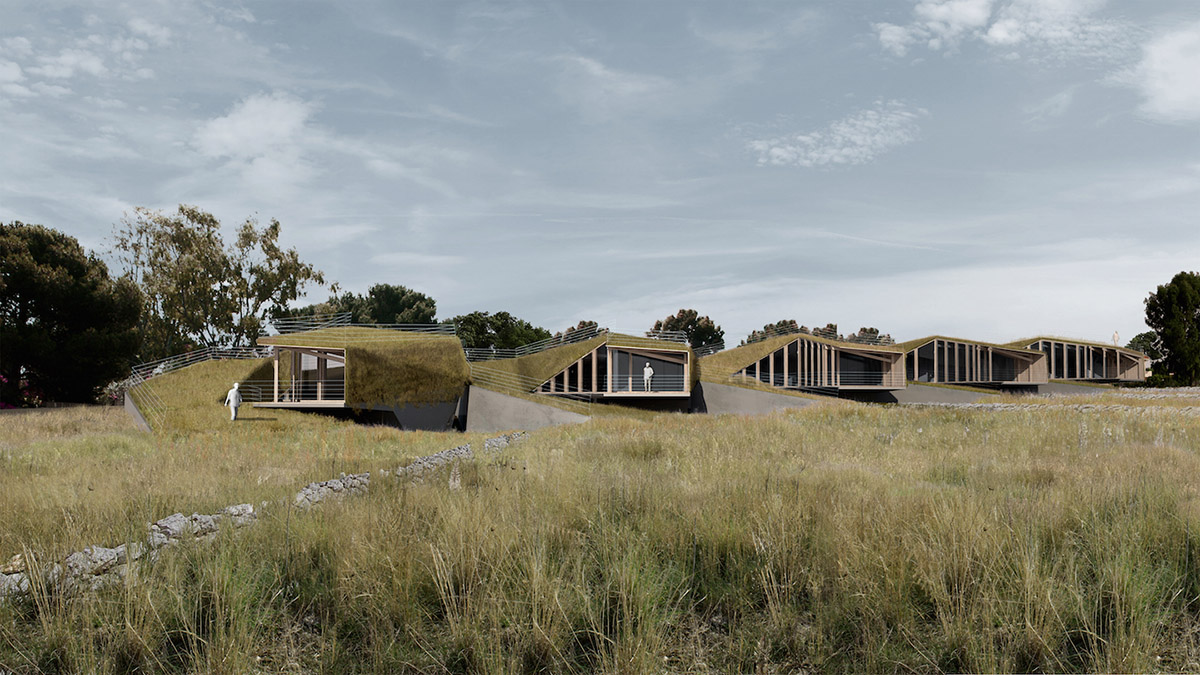
I Ramarri (Siracusa, Italy, 2012), terraced houses overlooking an agrarian landscape framed by the sea. Project by AION (Aleksandra Jaeschke and Andrea Di Stefano). Image courtesy of Harvard GSD.
"With her pioneering work on greenhouses, Aleksandra Jaeschke reasserts that the field of architecture can and should continue to engage deeply with nature, with horticulture, and with ruralism and the countryside," said Mohsen Mostafavi, Dean and Alexander and Wiley Professor of Design, Harvard GSD.
"As we applaud Aleksandra and look forward to her project, I also want to take this opportunity to congratulate the other two finalists, Maria Shéhérazade Giudici and Garrett Ricciardi, for their outstanding proposals, which made the decision about this year’s award exceedingly challenging for the jury."
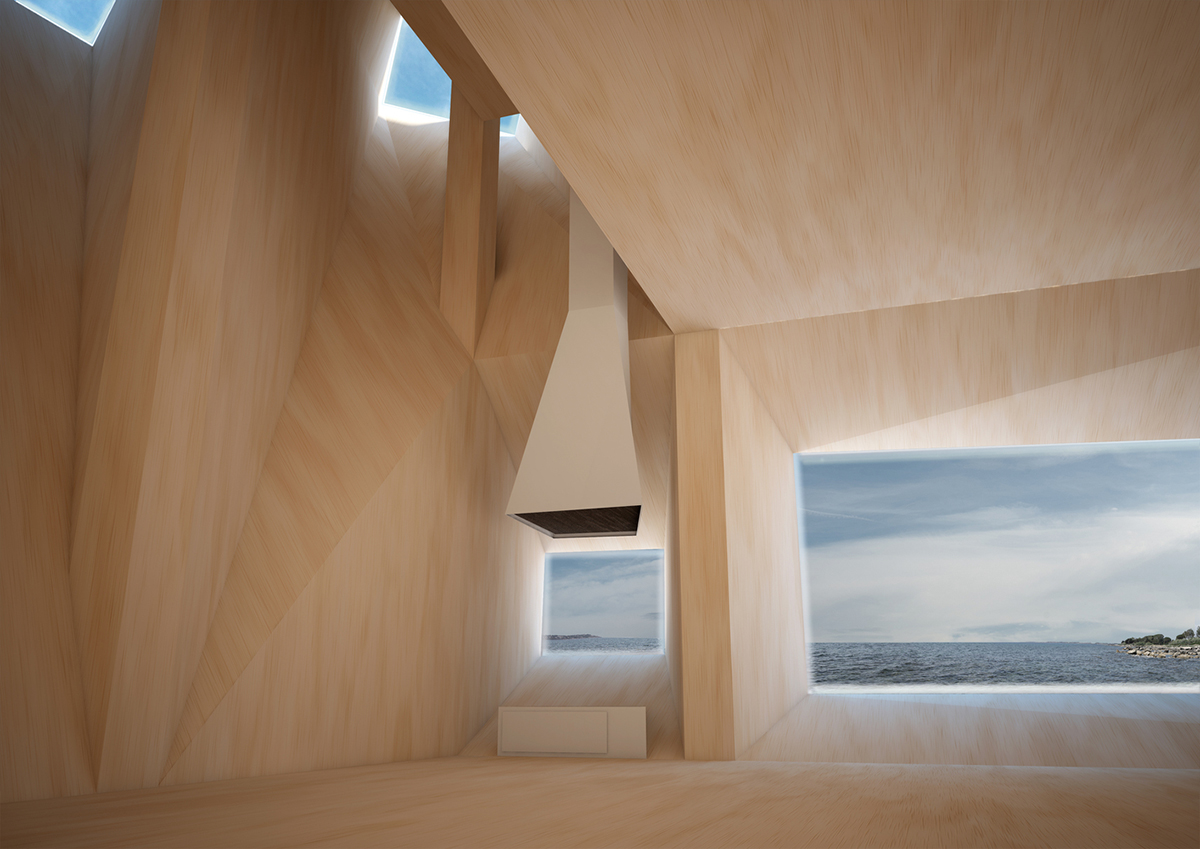
Periscope House was proposed in Siracusa, Italy, 2012. Image courtesy of AION
Jaeschke is a graduate of Harvard GSD (Doctor of Design, 2018) and the Architectural Association in London (AA Diploma, 2005), she is an architect licensed in Italy and an Assistant Professor of Architecture and Sustainable Design at the University of Texas at Austin. She was one of the 2014 Kosciuszko Foundation Fellows and will be the Meadows Foundation Centennial Fellow, at the Center for American Architecture and Design at the University of Texas at Austin, from September 2019 to August 2021. She previously taught at the Woodbury School of Architecture in Los Angeles.
Jaeschke’s Wheelwright proposal, UNDER WRAPS, stems from her fascination with the multifaceted nature of greenhouses and the very act of sharing a roof with plant life. Her goal is to investigate the impact of spatial arrangements and speculate about strategies for a more equitable "greenhouse ruralism" and an engaged "urban (horti)culture"—the former to empower farmers, and the latter to engage urban dwellers in the act of caring for plants, which she calls “our living substrate and the ultimate Other."
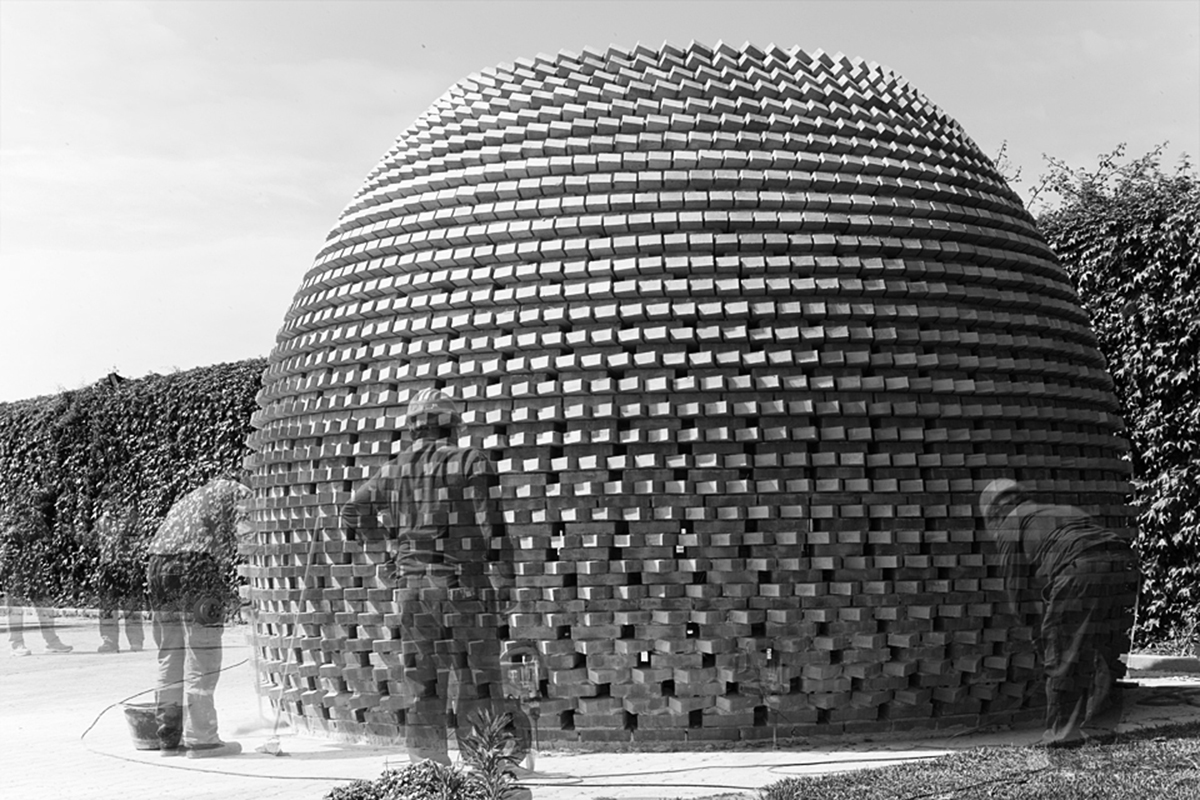
A brick dome pavilion was built in Siracusa, Italy in 2011 with a man-controlled revolving compass. The project was led by by professor Luigi Alini and AION (Aleksandra Jaeschke and Andrea Di Stefano). Image courtesy of AION
Jaeschke’s intention is to spend extended periods of time in a number of regions with a high concentration of greenhouse agriculture and visit remarkable urban and rural greenhouses that are unique for their singular architecture, adaptive approach to technology, or extraordinary function.
She will travel to the Netherlands, Spain, Israel, Morocco, Mexico, and South Korea, and will also visit significant sites in Canada, Singapore, Taiwan, the United Kingdom, Switzerland, and Poland. Her goal is to catalog and compare various greenhouse types, from farm-hoop houses to botanical conservatories; operations, from farming to hospitality; and locations, along a rural-urban transect. Jaeschke also hopes to use her travels to launch collaborative projects.
As with past Wheelwright winners, the $100,000 prize is intended to fund two years of Jaeschke’s research travel.
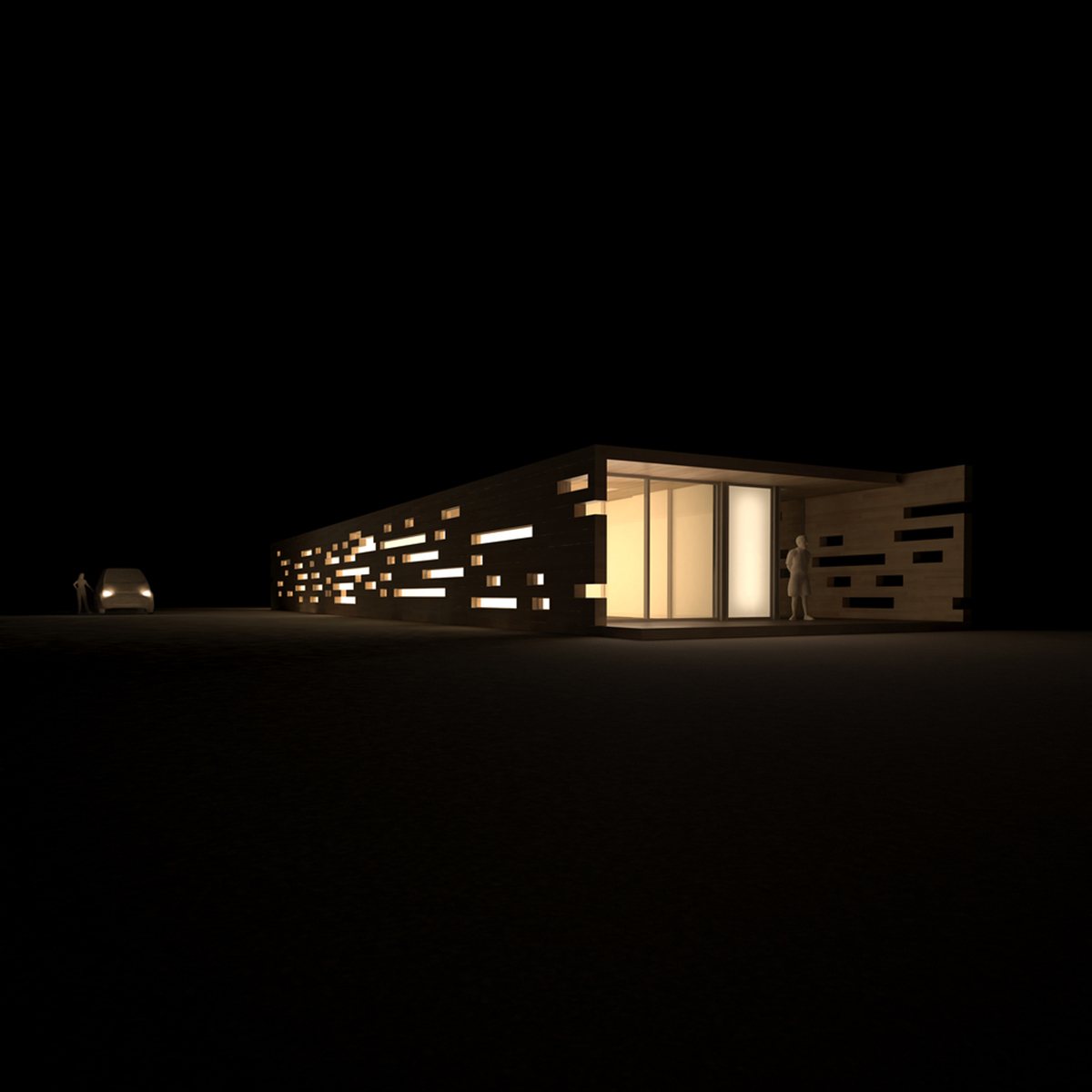
Lost Highway (Siracusa, Italy, 2009), a live-work space set in an agrarian landscape. By AION (Aleksandra Jaeschke and Andrea Di Stefano). Image courtesy of Harvard GSD.
Jaeschke previously practiced at AION, an architectural firm she co-founded and co-directed with Andrea Di Stefano. As part of AION, she managed numerous design workshops and contributed to various publications. She participated in the 27/37 Exhibition of Young Italian Architecture at the Italian Pavilion, Shanghai Expo 2010, and was part of the ARCHITEKTUR! conference series held at the MAXXI Museum in Rome in 2012.
In 2013, AION held a solo exhibition, Eco-Machines, in the Wroclaw Museum of Architecture in Poland. In 2011, Jaeschke received the Europe 40 Under 40 Award conferred by the European Centre for Architecture, Art, Design & Urban Studies and Chicago Athenaeum.
Jaeschke follows 2018 Wheelwright Prize winner Aude-Line Dulière, whose Wheelwright project Crafted Images: Material Flows, Techniques, and Uses in Set Design Constructionis in its travel-research phase.
Now in its seventh year as an open international competition, the Wheelwright Prize supports travel-based research initiatives proposed by extraordinary early-career architects. Previous winners have circled the globe, pursuing inquiries into a broad range of social, cultural, environmental, and technological issues.
Top image: Aleksandra Jaeschke, image © Fabrizio Darold
> via Wheelwright Prize
